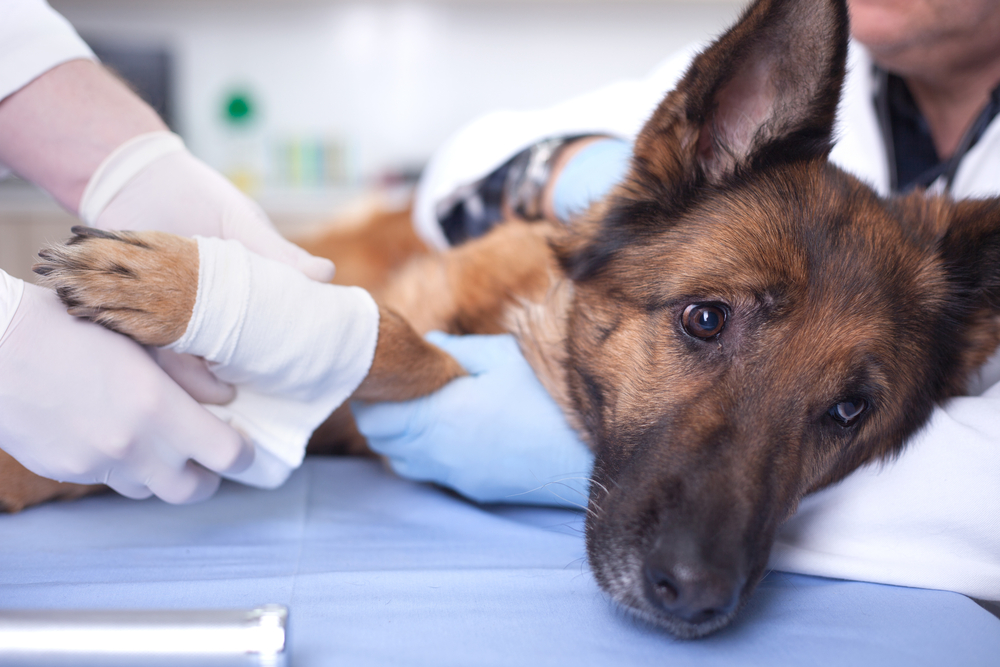Shore Pet Surgery Blog
Learn more about veterinary care in our blog!

When it comes to our pets, emergencies can happen when we least expect them. In critical situations, surgery may be the best or only option to save your pet’s life. Knowing the most common emergency surgeries in pets can help you recognize when urgent veterinary care is needed and act quickly.

As veterinary medicine continues to evolve, so too does the field of veterinary surgery. At Shore Pet Surgery, we remain at the forefront of innovation, offering cutting-edge surgical solutions that prioritize safety, comfort, and recovery for your beloved pets. From routine procedures to complex surgical interventions, technological advancements are revolutionizing how we diagnose, operate, and heal.

When your pet undergoes surgery, bringing them home is just the beginning of their healing journey. While your veterinarian will provide detailed post-op care instructions, preparing your home in advance can make a world of difference in their recovery. A comfortable, stress-free environment helps ensure they heal faster and with fewer complications. Here’s what you need to know about setting up your home for your pet’s post-surgical care.

Perineal Urethrostomy (PU) is a life-changing surgery that provides relief for cats suffering from chronic urinary blockages or feline lower urinary tract disease (FLUTD). If your veterinarian has recommended PU for your cat, you may have questions about what the process entails, from diagnosis to recovery.

When your beloved pet requires surgical intervention, it's crucial to ensure they are well-prepared to undergo the procedure. Proper preparation not only helps to minimize the risks associated with the surgery but also contributes to a smoother recovery process. As a pet owner, your role in this process is vital, and understanding the steps involved can help you provide the best possible care for your furry friend.

Undergoing surgery can be a stressful and overwhelming experience for both you and your beloved pet. While the surgical procedure itself is crucial, the post-operative care you provide is equally important for ensuring a smooth and successful recovery. Proper post-surgery care can alleviate discomfort, prevent complications, and facilitate a speedy return to your pet's normal routine.

As pet owners, we strive to provide the best care for our furry companions. Just like humans, pets can develop various health issues, including masses or tumors. Masses can occur in different parts of your pet's body, such as the skin, subcutaneous tissues, or internal organs. Early detection and appropriate treatment can make a significant difference in their overall health and quality of life.

Getting a puppy excites, challenges, and lightens up your life. You acquire not only a pet but also a companion and a loyal friend. Your pup will learn to communicate and respond to you, doing their best to fit into your lifestyle. They will win over your mind and your heart.

Having a pet entails a lot of responsibility in caring for your furry friend. A big part of this responsibility is securing their health and preventing disease. Many know they must have their pets vaccinated and keep up the vaccinations. But dental care is another aspect of a pet's health, and it is often neglected.

Perineal urethrostomy, commonly referred to as PU surgery, is a surgical procedure that aims to alleviate chronic urinary problems in cats by creating a new, wider opening for urine to pass through. This procedure is often recommended for male cats who are prone to urinary blockages due to their narrow urethras. By widening the urethral opening, perineal urethrostomy helps to prevent future blockages and enables the cat to urinate more easily.





